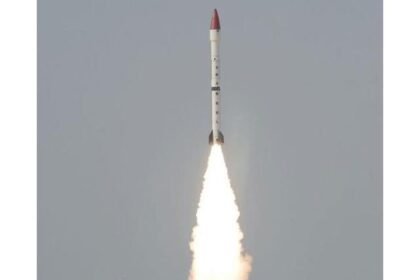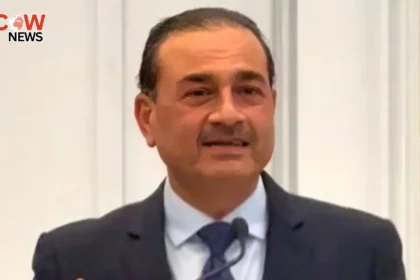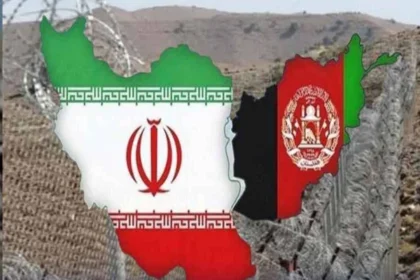ISLAMABAD: Supreme Court Judge, Justice Muhammad Ali Mazhar, raised concerns regarding the differentiation between trials held in military courts and Anti-Terrorism Courts (ATCs) for certain individuals involved in the 9 May incidents. He questioned how the distinction was made, with some suspects facing military trials while others were sent to ATCs, despite having similar First Information Reports (FIRs).
During the hearing of an intra-court appeal against the decision of military trials for certain suspects in the 9 May incident, the bench, led by Justice Aminuddin Khan, sought clarity on why certain cases were sent to military courts. The bench posed several questions about the fairness and consistency of these decisions.
Justice Mazhar, while discussing the issue, pointed out that the FIRs for the 9 May suspects were identical, and raised the question of how and why some of these individuals were being tried in military courts, while others in ATCs.
Justice Hassan Azhar Rizvi further questioned how previous terrorist attacks were handled, noting that those cases were tried in regular courts, so what made the 9 May case eligible for a military court trial.
In response, the defense lawyer, Khawaja Haris, read out the Supreme Court’s previous judgment declaring some sections of the Army Act unconstitutional. He asserted that military trials would no longer apply to cases involving national security threats like espionage, such as the infamous case of Indian spy Kulbhushan Jadhav.
Justice Mazhar asked, “With the annulment of Section 2D of the Army Act, can a case like that of Kulbhushan Jadhav still be tried in military courts?” Khawaja Haris confirmed that, following the court’s ruling, even a case like Jadhav’s could not proceed in military courts.
Justice Manzoor Khan Mandokhel also raised concerns about the reliability of evidence in military trials, pointing out the inconsistency in outcomes where some defendants were acquitted by ATCs but convicted by military courts.
In the course of the hearing, the court also touched upon reforms to the country’s prosecution system, with Justice Mandokhel questioning why the prosecution system was not strengthened to secure convictions in regular courts.
The matter of 9 May was also compared to other terrorist activities, with Justice Hassan Azhar Rizvi asking if the scale of the 9 May incident warranted it being classified as a more severe crime than previous terrorist acts, which had been tried in civilian courts.
Meanwhile, Additional Advocate General of Punjab presented a report on the solitary confinement of convicted criminals, mentioning that prisoners were allowed outdoor time and access to various facilities. However, the court raised concerns about the conditions of detention and whether these were aligned with legal standards.
The hearing also involved discussions about the restrictions placed on the families of 9 May convicts, with one of the accused, Hassan Niazi’s father, claiming that they were being denied permission to sign power of attorney documents.
The court adjourned the hearing until the following day, with Khawaja Haris set to continue his arguments. The bench has yet to decide on the appropriateness of military trials for civilians, with key questions still under consideration.







